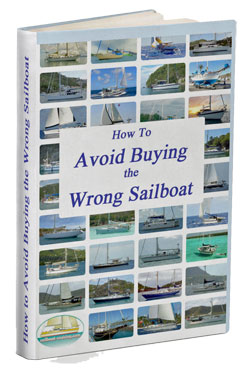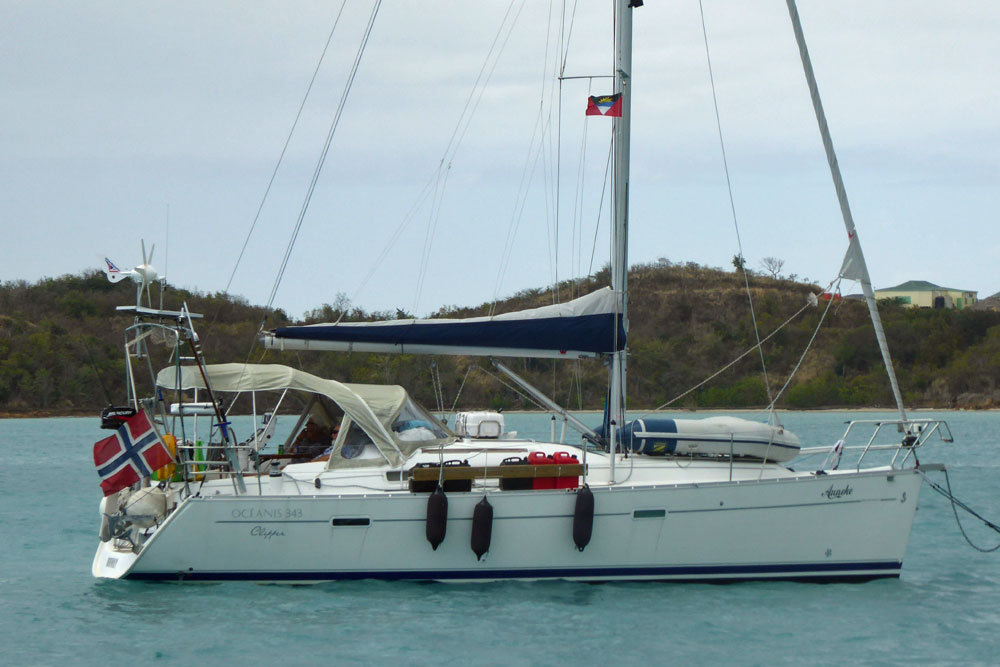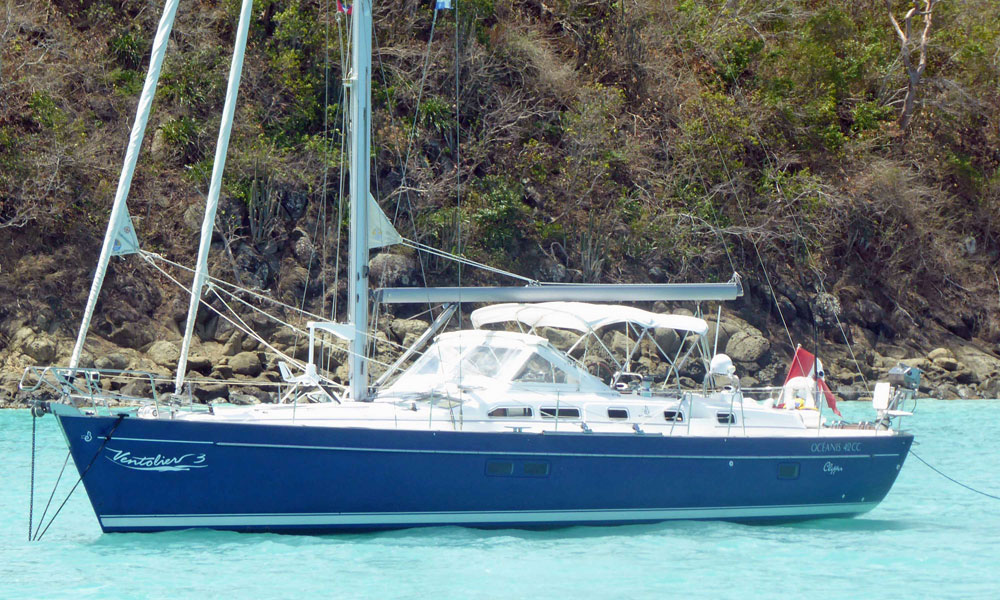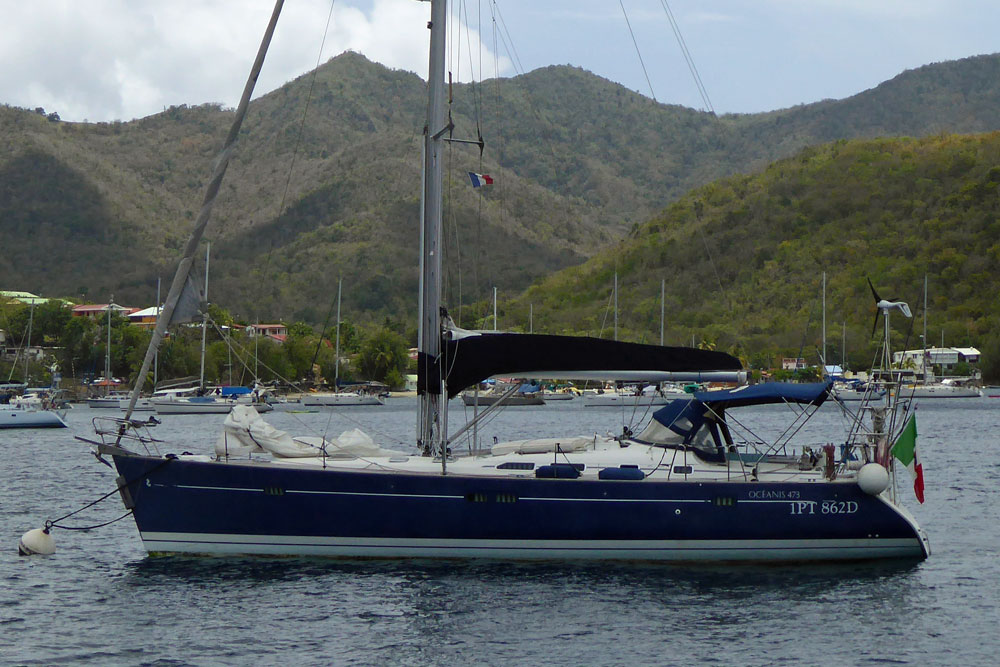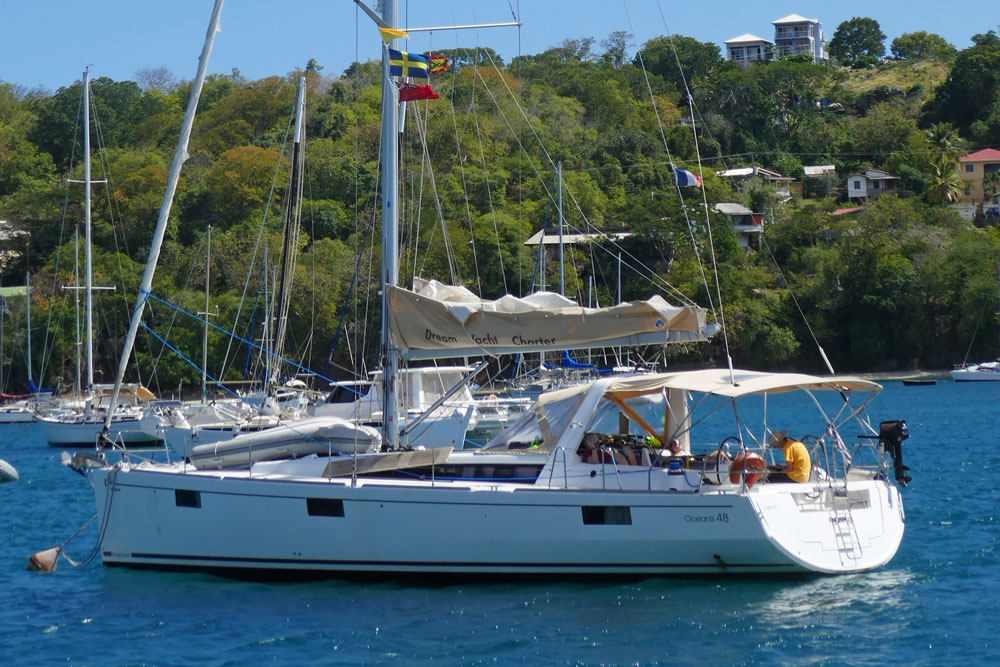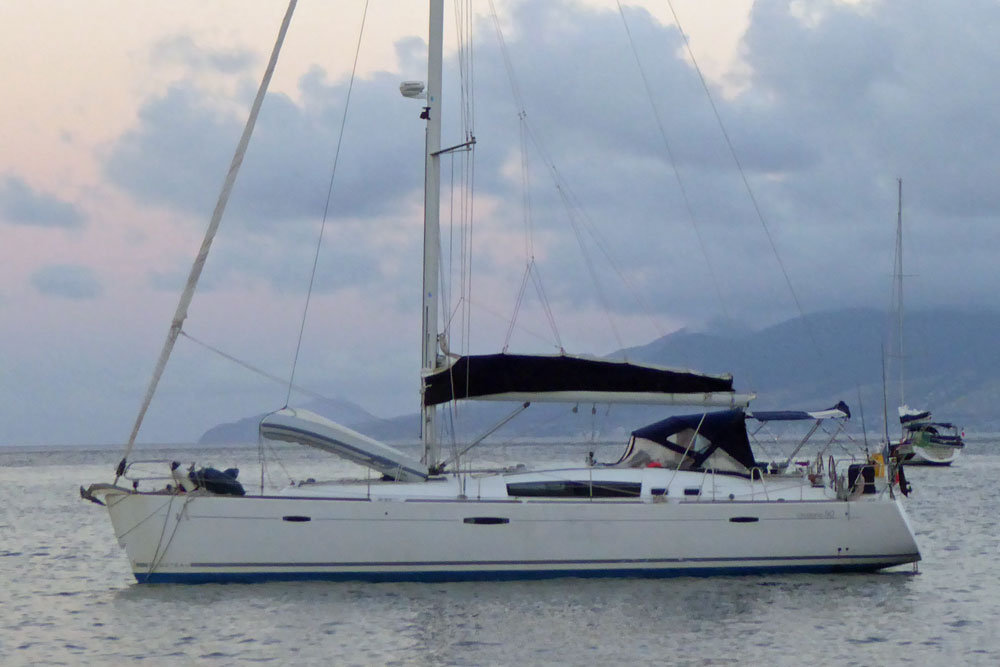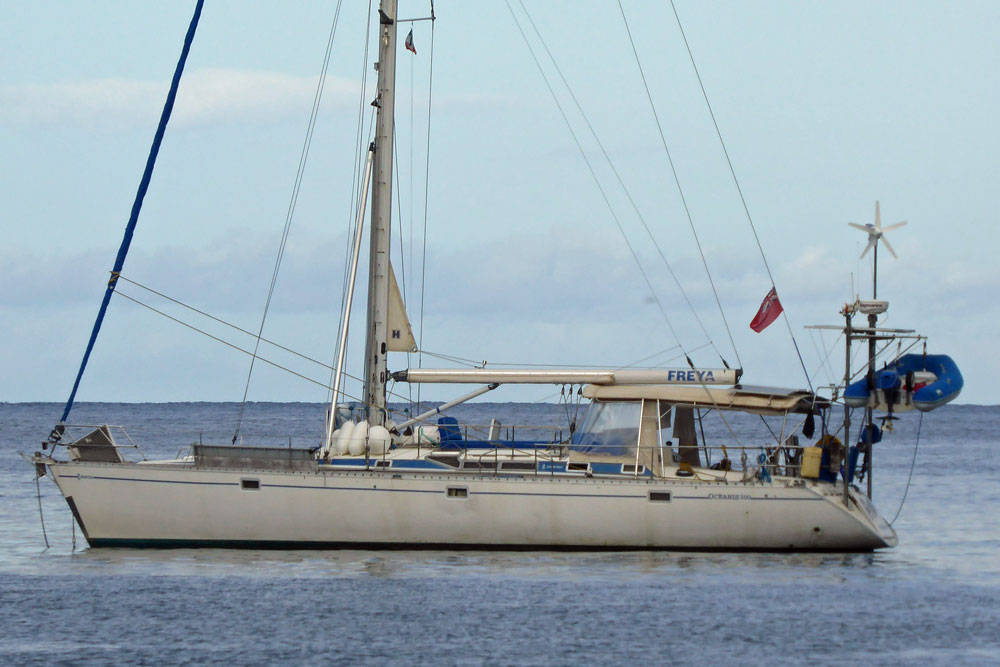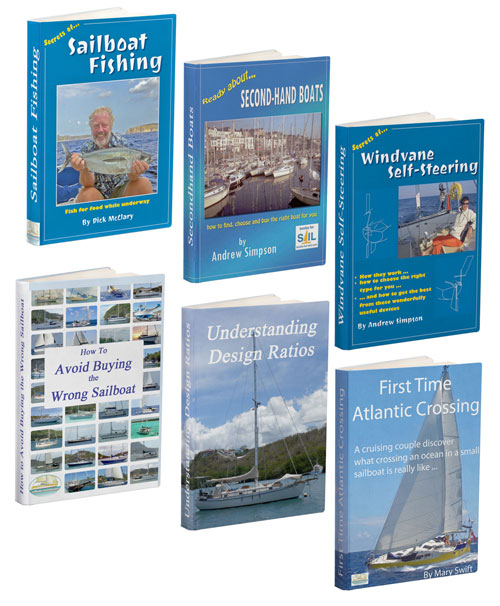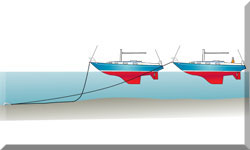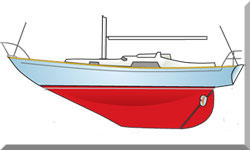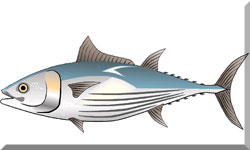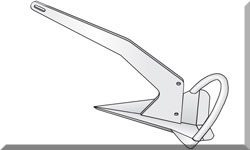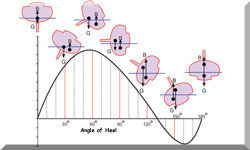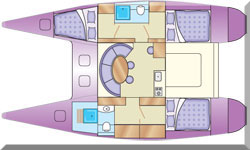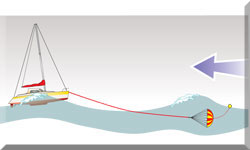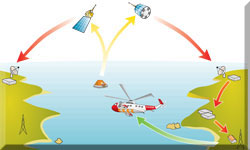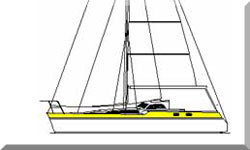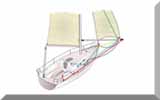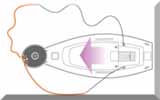- Home
- Cruising Yachts 35' to 40'
- Beneteau Oceanis 381
The Beneteau Oceanis 381 Sailboat
Specs & Key Performance Indicators
The Beneteau Oceanis 381, a light displacement sloop, was designed by Berret-Racoupeau Yacht Design and built in France by Beneteau.
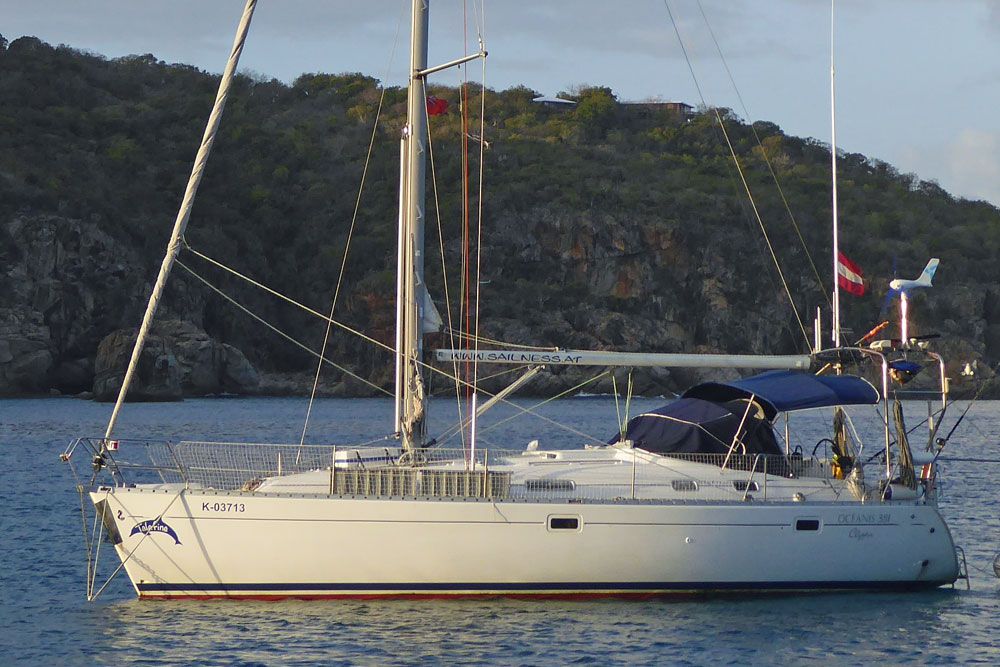 The Beneteau Oceanis 381
The Beneteau Oceanis 381There are two versions of the Beneteau Oceanis 381: the Classic version, which has a standard masthead sloop rig with a mainsail and a genoa; and the Clipper version which has more sail area and is equipped with in-mast furling as standard. The above pic is of the Clipper version but the following specs apply to the Classic version.
Published Specification for the Beneteau Oceanis 381
Underwater Profile: Bulb fin keel & spade rudder
Hull Material: GRP (Fibreglass)
Length Overall: 38'7" (11.8m)
Waterline Length: 32'10" (10.0m)
Beam: 12'11" (3.9m)
Draft: 5'4" (1.6m)
Rig Type: Masthead sloop
Displacement: 14,991lb (6,800kg)
Designer: Berret-Racoupeau Yacht Design
Builder: Beneteau (France)
Year First Built: 1996
Published Design Ratios for the Beneteau Oceanis 381
1. Sail Area/Displacement Ratio: 15.5
2. Ballast/Displacement Ratio: 31.6
3. Displacement/Length Ratio: 189
4. Comfort Ratio: 22.2
5. Capsize Screening Formula: 2.1
Summary Analysis of the Design Ratios for the Beneteau Oceanis 381
1. A Sail Area/Displacement Ratio of 15.5 suggests that the Beneteau Oceanis 381 will need a stiff breeze to get her going. In light conditions, unless you've got plenty of time on your hands, motor-sailing may be the way to go.
2. A Ballast/Displacement Ratio of 31.6 would usually mean that the Beneteau Oceanis 381 would have a tendency to heel uncomfortably in a gust, and need to be reefed early to keep her sailing upright in a moderate breeze.
However, as she has much of her ballast concentrated in a bulb at the foot of her keel, she's likely to be considerably stiffer than her published Ballast/Displacement Ratio might suggest.
3. A Displacement/Length Ratio of 189, tells us the Beneteau Oceanis 381 is clearly a light displacement sailboat. If she's loaded with too much heavy cruising gear her performance will suffer to a degree.
4. Ted Brewer's Comfort Ratio of 22.2 suggests that crew comfort of a Beneteau Oceanis 381 in a seaway is similar to what you would associate with the motion of a coastal cruiser with moderate stability, which is not encouraging news for anyone prone to seasickness.
5. The Capsize Screening Formula of 2.1 tells us that a Beneteau Oceanis 381 would not be as good a choice of sailboat for ocean passage-making, owing to the increased risk of capsize in strong winds and heavy seas when compared to a sailboat with a CSF of less than 2.0.
Any Questions?
Is the Beneteau Oceanis 381 still in production and, if not, when did production end and how many of these sailboats were built?
Is the Beneteau Oceanis 381 still in production and, if not, when did production end and how many of these sailboats were built?
The Beneteau Oceanis 381 is not in production anymore. It was discontinued in 2000, after four years of production. The exact number of boats built is not available, but it is estimated to be around 500.
What is the history of the builders of the Beneteau Oceanis 381 and is the company still in business?
What is the history of the builders of the Beneteau Oceanis 381 and is the company still in business?
The builders of the Beneteau Oceanis 381 are Beneteau, a French company founded in 1884 by Benjamin Beneteau. The company started as a small workshop that made fishing boats, and gradually expanded to produce sailboats and motorboats for leisure and racing. Beneteau is still in business today, and is one of the largest boat manufacturers in the world. It has several brands under its umbrella, such as Jeanneau, Lagoon, Prestige and Monte Carlo.
What keel options are available for the Beneteau Oceanis 381?
What keel options are available for the Beneteau Oceanis 381?
The Beneteau Oceanis 381 has two keel options: a standard fin keel with a bulb, which has a draft of 1.62 m (5'4"); and a shoal draft wing keel, which has a draft of 1.32 m (4'4"). The shoal draft keel allows the boat to access shallower waters, but reduces its performance and stability.
What is the Beneteau Oceanis 381 like to sail?
What is the Beneteau Oceanis 381 like to sail?
The Beneteau Oceanis 381 is an easy and comfortable boat to sail. It has a balanced helm, a responsive rudder, and a powerful sail plan that can be adjusted with ease. The boat performs well in light to moderate winds, but can struggle in strong winds or choppy seas.
What is the average cost of a secondhand Beneteau Oceanis 381?
What is the average cost of a secondhand Beneteau Oceanis 381?
The average cost of a secondhand Beneteau Oceanis 381 depends on several factors, such as the year, condition, equipment, location and market demand of the boat. According to some online sources, the price range for a used Beneteau Oceanis 381 can vary from $60,000 to $100,000.
What other sailboats have been created by the designer of the Beneteau Oceanis 381?
What other sailboats have been created by the designer of the Beneteau Oceanis 381?
The designer of the Beneteau Oceanis 381 is Berret Racoupeau Yachts Design, a French naval architecture firm founded by Jean Berret in 1978. The firm has designed many other sailboats for Beneteau, such as the First series, the Cyclades series, the Sense series and the Oceanis series. The firm has also designed sailboats for other brands, such as Wauquiez, Dufour, Fountaine Pajot and Nautitech. Some of their notable designs include the Wauquiez Centurion 40s, the Dufour 40 Performance, the Fountaine Pajot Salina 48 and the Nautitech Open 40.
The above answers were drafted by sailboat-cruising.com using GPT-4 (OpenAI’s large-scale language-generation model) as a research assistant to develop source material; to the best of our knowledge, we believe them to be accurate.
Other sailboats in the Beneteau 'Oceanis' product range:
Recent Articles
-
Albin Ballad Sailboat: Specs, Design, & Sailing Characteristics
Jul 09, 25 05:03 PM
Explore the Albin Ballad 30: detailed specs, design, sailing characteristics, and why this Swedish classic is a popular cruiser-racer. -
The Hinckley 48 Sailboat
Jul 09, 25 02:44 PM
Sailing characteristics & performance predictions, pics, specifications, dimensions and those all-important design ratios for the Hinckley 48 sailboat... -
The Hinckley Souwester 42 Sailboat
Jul 09, 25 02:05 PM
Sailing characteristics and performance predictions, pics, specifications, dimensions and those all-important design ratios for the Hinckley Souwester 42 sailboat...
